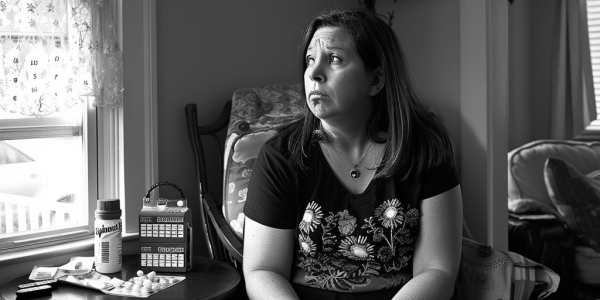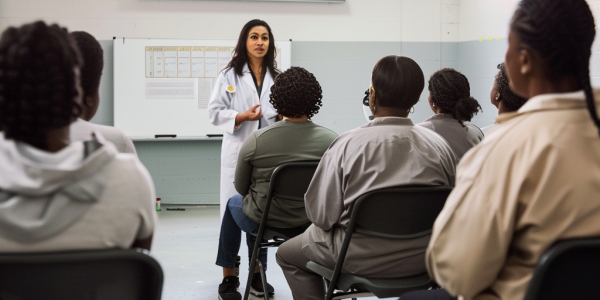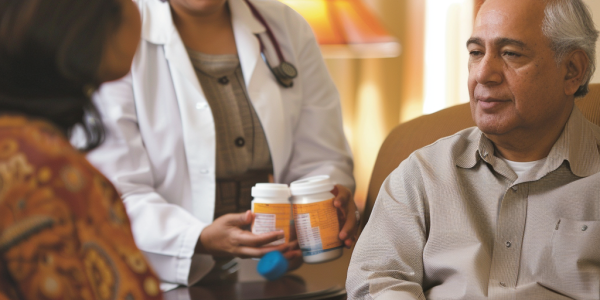Medicaid Cuts Threaten Access to Opioid Addiction Treatment for Millions
Recent changes to Medicaid have significantly impacted individuals battling opioid addiction, like Stephanie from Florida, who faced the loss of her essential methadone treatment. With over 25 million Americans losing Medicaid coverage since the end of pandemic protections, the urgent need for continuous access to addiction care has never been more critical. As healthcare policies evolve, the intersection of treatment access and public health remains a pressing concern for communities and policymakers alike.
California’s Fentanyl Crisis: A Call for Compassion and Comprehensive Support
The fentanyl crisis in California continues to devastate families, highlighting the urgent need for compassion and support in addressing addiction. Recovering addicts and advocates like Pattie Vargas emphasize the importance of education, community support, and comprehensive treatment options to combat stigma and promote recovery. As fentanyl remains a potent threat, a multi-faceted approach is essential to create a healthier environment for those affected by substance use disorders.
New Orleans Jail Inmates Trained to Combat Opioid Overdoses
Healthcare workers at the New Orleans jail are implementing vital training sessions for inmates to combat the rising drug-related fatalities. Focused on overdose recognition and Narcan administration, this initiative empowers inmates with essential skills to save lives and addresses the urgent opioid crisis affecting the community. Led by Dr. Anjali Niyogi, the program fosters community support and highlights the intersection of addiction and mental health, providing hope for a better future upon reentry into society.
Survey Reveals Lack of Awareness Among Americans Regarding Primary Care Physicians’ Ability to Prescribe Opioid Use Disorder Medication
A recent national survey reveals that many Americans are unaware that primary care physicians can prescribe medication for opioid use disorder, highlighting a concerning lack of knowledge. Efforts to improve access to treatment for opioid addiction are hindered by this disconnect. Studies show the effectiveness of medications like buprenorphine and methadone, yet public awareness remains low. Enhanced education and awareness campaigns are needed to bridge this knowledge gap and ensure individuals can readily access necessary treatments through their primary care providers.
Study Reveals Gaps in Care for Medicare Beneficiaries Following Nonfatal Overdoses
A recent federal study published in JAMA Internal Medicine revealed that Medicare beneficiaries who experienced nonfatal overdoses faced a high risk of subsequent overdoses and mortality. The study emphasized the importance of interventions like medications for opioid use disorder, naloxone, and behavioral health services in preventing overdose-related deaths. However, the study also highlighted significant gaps in care, with delays in treatment initiation and low rates of medication provision. The lead researcher stressed the urgent need to improve access to these lifesaving interventions to reduce the risk of future overdoses and fatalities.
Study Shows Impact of Mobile Methadone Units in Rural Areas
A recent study has highlighted the impact of mobile methadone units in rural areas, particularly in addressing the challenges of limited healthcare infrastructure and transportation barriers. The study, published in Health Services Research, emphasized the potential benefits of providing new…






